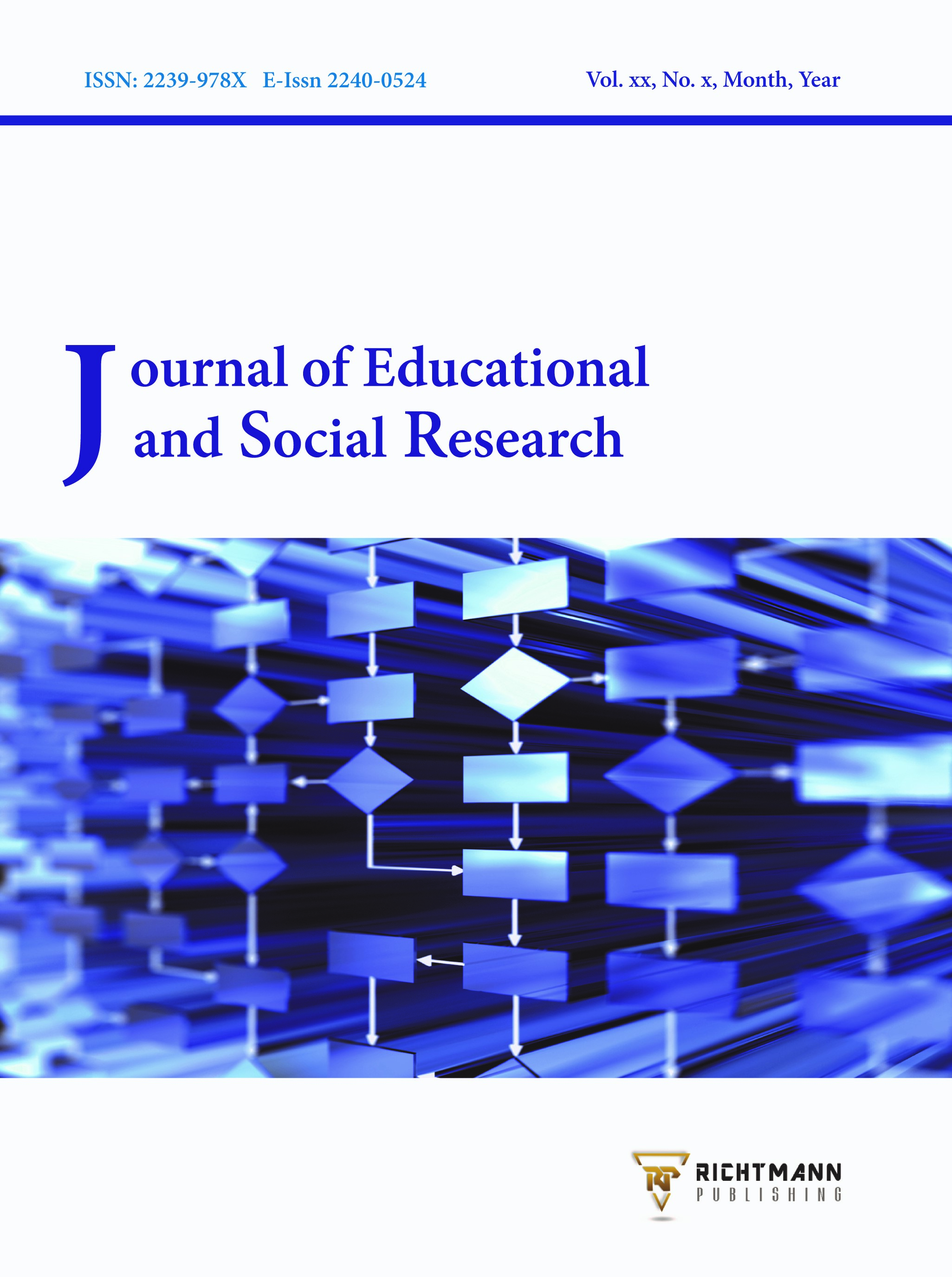Determining the Effects of Incentive Provision and Work Commitment on School Principals in West Sumatera
DOI:
https://doi.org/10.36941/jesr-2023-0138Keywords:
Giving Incentives, Work Commitment, Gender, Last Education, PrincipalAbstract
Post-pandemic conditions are the phenomena requiring reconstruction in improving human resources in schools, due to the observation of various issues emanating from a lack of dedication to work, such as sloppy teaching, absences, failure to provide instructional materials, etc. This leads to the need for school administrators to intervene by providing incentives and support. Therefore, this study aims to determine the effects of incentives and job responsibilities on school administrators in West Sumatra, through several demographic factors, such as gender, previous education, and institution location. In this study, a total of 110 principals containing 86 males and 24 females were obtained from various West Sumatra schools as the experimental sample. This indicated that 31.8% and 68.2% of the sample had bachelor's and master's degrees regarding their educational backgrounds, respectively. The scales of rewards (21 items) and work commitment (32 items) were also implemented, with JASP software used to perform a descriptive analysis of the data. The results showed that 52.8% and 32.7% of the administrators moderately and highly provided teachers with incentives and work commitment, respectively. In this case, no principals had medium, low, or extremely low job commitments, demonstrating that being a school administrator required a high or very great level of dedication.
Received: 9 July 2023 / Accepted: 23 August 2023 / Published: 5 September 2023
Downloads
Downloads
Published
Issue
Section
License

This work is licensed under a Creative Commons Attribution-NonCommercial 4.0 International License.
This work is licensed under a Creative Commons Attribution-NonCommercial 4.0 International License.









